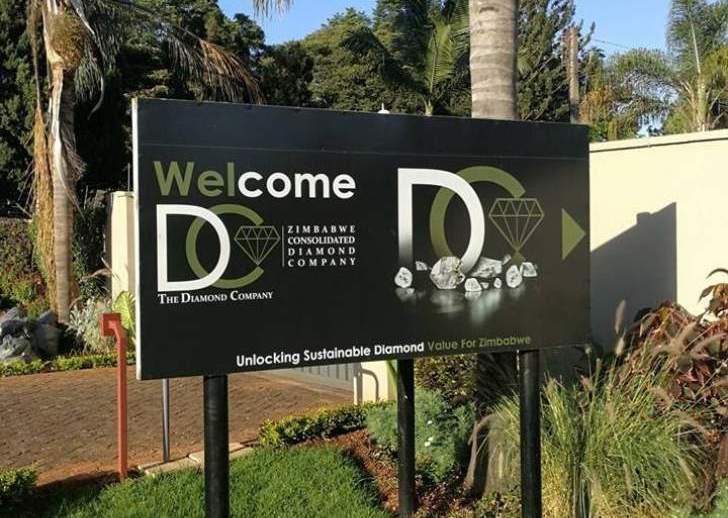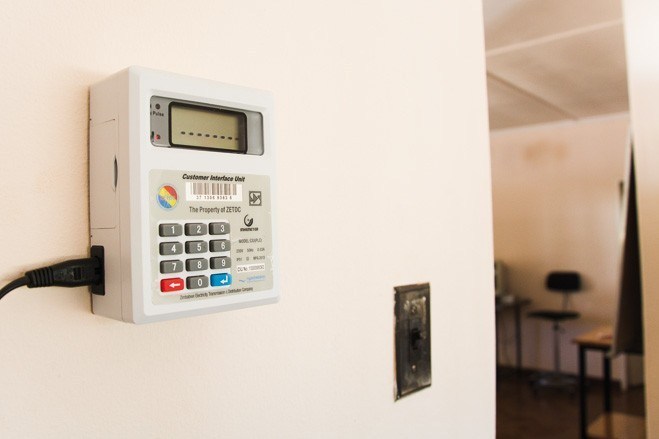Zimbabwe targets 3.1 million household electrification and 70 percent clean cooking access by 2030
ZIMBABWE has set a target to electrify 3.1 million households and ensure 70 percent clean cooking access by 2030, as part of a broader strategy to achieve universal energy access.
The Government says this will be supported by regulatory reforms designed to streamline investment processes, facilitate the adoption of mini-grid regulations by Independent Power Producers (IPPs) and unlock increased private sector participation.
Speaking during a post-Cabinet briefing on Tuesday, the Minister of Information, Publicity and Broadcasting Services, Dr Jenfan Muswere, announced that Cabinet had considered and approved the Zimbabwe National Energy Compact, which was presented by the Minister of Energy and Power Development, July Moyo.
“Zimbabwe aims to electrify 3.1 million households and reach 70 percent clean cooking access by 2030. Regulatory reforms will support this effort by streamlining investment processing, for Independent Power Producers adopting mini-grid regulations, and unlocking private sector investment,” said Dr Muswere.
The strategic shift signals Zimbabwe’s commitment to energy transformation and sustainable development, aligned with continental and global climate and development goals.
Dr Muswere noted that the Compact aligns with the Dar-es-Salaam Declaration on the Africa Heads of State Energy Summit, held from 17 to 18 January 2025.
Zimbabwe is a signatory to the Declaration, whose central goal—Mission 300—seeks to expand electricity access to 300 million African households by 2030.
Member states are required to develop and submit their respective Energy Compacts to contribute to this continental mission.
“The Zimbabwe National Energy Compact sets forth a strategic roadmap to achieve universal access to affordable, reliable, and sustainable electricity by 2030,” said Dr Muswere.
“Rooted in Vision 2030 and guided by the National Development Strategies, the Compact addresses critical energy challenges such as outdated infrastructure, generation shortfalls, and limited access in rural areas,” said Dr Muswere.
The Compact is also aimed at enhancing energy security and building resilience against climate-related risks.
The Compact seeks to enhance energy security and build resilience in the face of climate-related risks.
It is anchored on five strategic pillars that include expanding generation and infrastructure, strengthening regional integration, promoting distributed renewable energy and clean cooking, catalysing private sector-led investment and ensuring the Financial Viability of Utilities.-chroncile










